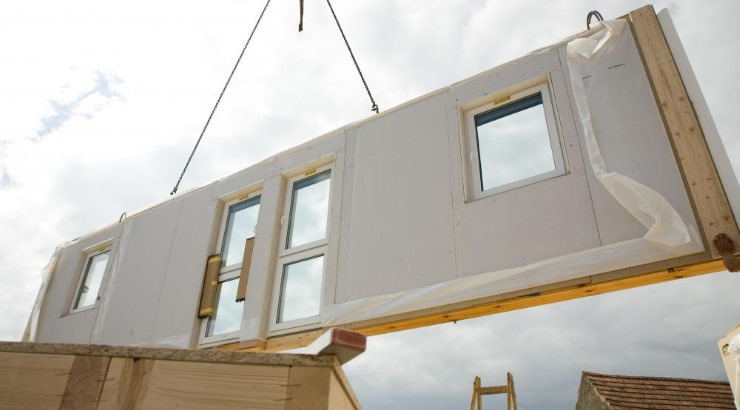Tips on Buying and Exporting Prefabricated Buildings from Kenya
Tips on Buying and Exporting Prefabricated Buildings from Kenya
Prefabricated buildings are different from traditional construction. They are manufactured in a factory or warehouse and then transported to the site for assembly. That’s why they can be built faster and cheaper than traditional structures. They also have smaller carbon footprints because they use less raw materials and energy during production, and there is no need for masons or carpenters once they are on site. Prefabricated buildings are used in residential, commercial, industrial, and public projects almost everywhere these days. But if you’re thinking about exporting prefabricated buildings from Kenya, what should you know? Let’s take a look at some useful advice…
Research the market and find out what’s currently selling
If you’re thinking about exporting prefabricated buildings, you’ll need to do some research. Find out what products are currently on the market and what they cost. That will help you to decide what kind of building you want to source. You should also be aware of any seasonal variations in demand, as they could affect your ability to sell your products. Talk to your potential customers to find out what their needs and preferences are. That can help you find out more about what the market currently looks like and what it will be like in the future. You can also find out how much customers are willing to pay for your products.
Ask for written quotations and fixed prices
When you find a supplier you’re interested in, ask for a written quotation and a fixed price for what you want to buy. Make sure that the price covers all the materials and labour needed for your project. It’s important that the supplier has all their costs calculated, so that you know what your profit margin will be. If you’re buying a prefabricated building, you may need to order it from a supplier that is not located in Kenya. Make sure you know exactly when the delivery will be and how it will be shipped to your country. It’s best to have things in writing so that there are no misunderstandings later on.
Decide whether you want to export or build locally
If you want to export, you might be able to find a supplier that is outside Kenya. If so, you could get your building fully assembled and ready to ship. Or you might be able to buy materials and have them shipped to your country, ready to be incorporated into the structure. If you want to build your structure locally in Kenya, you might want to hire a construction company that can build and deliver your building in the shortest time possible.
Be sure of your costs before committing to a contract
If you want to build locally, you might already know what your costs will be. If you’re buying materials and labour from another company, you need to be sure that the cost won’t change during the project. If the cost increases, your suppliers should cover the additional expenses. If the costs decrease, you might be able to get a refund. If you’re buying a prefabricated building, get estimates from suppliers for the cost of shipping and be sure that they include all costs. That will help you to choose the supplier that’s best for your project.
Find out who will be doing the work and where it will be done
You need to make sure that your supplier has the technical know-how and expertise to build your prefabricated building, and that they have the resources to complete the project. Make sure that you know where the building will be manufactured and where the materials will be sourced. You can also ask about health and safety processes in the factory. That will help you to decide if the supplier is a good fit for your project.
Check that all the necessary licences are in place
You should check that your supplier has all the necessary licences to do the work. That will help you to make sure that they are adhering to the building regulations in your country. That will also help you to avoid running into legal trouble.
Check for quality standards and certification of materials used
You should check that your supplier’s materials have been tested and are up to the required standard. That will help you to be sure that they will be safe to use. If you’re ordering a prefabricated building, you can check that the materials have been certified by a recognised agency. That will prove that they have the required quality.
Summing up
If you want to export prefabricated buildings from Kenya, you need to know what the market looks like and what customers want. You also need to know how much building projects cost and what the best way to get your products to customers is. Prefabricated buildings are cost-effective, but you need to make sure that you’re getting the best deal so that you can turn a profit.








LEAVE A COMMENT
You must be logged in to post a comment.